In our fast-paced modern lives, finding moments of tranquility has become increasingly challenging. The concept of a bedtime relaxation ritual has gained significant attention as more people recognize its profound impact on sleep quality and overall well-being. These intentional evening practices serve as a bridge between the demands of daytime and the restorative power of nighttime.
The science behind bedtime rituals reveals fascinating connections between routine behaviors and our nervous system. When we engage in consistent, calming activities before sleep, we essentially signal to our body that it's time to wind down. This triggers a cascade of physiological changes - our heart rate slows, breathing deepens, and stress hormones begin to diminish. The predictability of these rituals creates a sense of safety that allows the mind to release its grip on the day's concerns.
Creating an effective relaxation ritual requires personalization rather than rigid formulas. What soothes one person might stimulate another. The key lies in choosing activities that resonate deeply with your individual needs and preferences. Many find that incorporating multiple senses enhances the experience - perhaps through soft lighting, calming scents, or gentle textures. The duration can vary as well, with some preferring brief ten-minute routines while others savor hour-long wind-down periods.
Cultural traditions around the world offer rich inspiration for bedtime rituals. In Japan, the practice of ofuro (a deep soaking bath) serves as both physical and spiritual cleansing before sleep. Scandinavian countries emphasize hygge - creating cozy, comforting environments that promote relaxation. Mediterranean cultures often include evening strolls or leisurely family time. These diverse approaches share a common thread - the intentional transition from activity to rest.
Technology's role in bedtime rituals presents an interesting paradox. While sleep tracking devices and meditation apps can enhance awareness and provide guidance, the blue light from screens often interferes with natural sleep cycles. Many sleep specialists recommend establishing tech-free zones or implementing digital curfews as part of a healthy bedtime routine. The challenge lies in harnessing technology's benefits while minimizing its disruptive potential.
The psychological benefits of consistent bedtime rituals extend far beyond improved sleep. These practices can become anchors of stability during turbulent times, offering daily moments of self-care that reinforce emotional resilience. Over time, the mere initiation of the ritual can trigger relaxation responses, creating powerful associations between certain activities and the onset of sleep. This conditioning effect explains why people often feel sleepy when starting their familiar bedtime routine, even if they felt wide awake moments before.
Seasonal adjustments to bedtime rituals acknowledge our connection to natural rhythms. Winter might call for warmer beverages and heavier blankets, while summer invites lighter practices like cooling mists or open windows. Aligning relaxation practices with seasonal changes honors our biological responsiveness to environmental shifts. This fluid approach prevents routines from becoming stale or disconnected from present-moment needs.
For those resistant to structured routines, the concept of micro-rituals offers an accessible alternative. These brief, simple actions - like sipping herbal tea while looking out a window or applying hand cream with mindful attention - can provide similar benefits without feeling burdensome. The effectiveness lies not in the complexity or duration of the practice, but in the quality of attention brought to it. Even a single conscious breath before bed can serve as a meaningful transition when performed with intention.
The relationship between bedtime rituals and creativity has intrigued researchers and artists alike. Many report that their most innovative ideas emerge during these liminal moments between wakefulness and sleep. The relaxed yet attentive state cultivated by soothing rituals appears to foster connections between disparate concepts. Historical figures from Beethoven to Agatha Christie credited their evening routines with enhancing their creative output, suggesting that what prepares us for sleep might also prepare us for inspiration.
Children's bedtime rituals demonstrate the universal human need for transitional practices. The familiar sequence of bath, story, and lullaby provides more than just hygiene and entertainment - it offers psychological security. Adults might benefit from adopting similarly structured yet comforting sequences tailored to mature needs. Reclaiming this childlike approach to bedtime could help counteract the perpetual busyness that characterizes modern adulthood.
Sleep specialists emphasize that the most effective bedtime rituals address both physical and mental relaxation. Progressive muscle relaxation techniques can release bodily tension accumulated during the day, while journaling or meditation can quiet racing thoughts. Combining approaches often yields the best results, as the body and mind naturally influence each other's states. A body burdened by tension will struggle to calm the mind, just as an agitated mind will prevent physical relaxation.
The commercial sleep industry has capitalized on bedtime ritual trends, sometimes obscuring the simplicity at the heart of effective practices. While high-quality bedding, aromatherapy diffusers, and specialized sleep supplements can enhance the experience, they aren't strictly necessary. Some of the most powerful rituals involve nothing more than conscious breathing or gratitude reflection. Discernment helps separate genuinely helpful products from marketing hype.
Travel and changing environments test the adaptability of bedtime rituals. Frequent travelers often develop portable versions of their routines - perhaps a travel-sized lavender spray or a familiar playlist. Maintaining some continuity in unfamiliar settings can ease the transition to sleep despite environmental changes. This flexibility demonstrates that rituals serve us best when they're resilient rather than rigid.
As research continues to uncover the intricate connections between sleep and health, bedtime rituals gain recognition as preventive medicine. The cumulative effect of nightly relaxation practices may reduce inflammation, support immune function, and regulate mood. In this light, investing time in creating and maintaining personalized bedtime rituals becomes an act of long-term health preservation rather than mere preference or habit.
The art of crafting an effective bedtime ritual ultimately reflects the art of living well. These daily ceremonies of transition remind us that how we end our days shapes how we begin them. In a culture that often glorifies constant activity, choosing to honor the need for deliberate relaxation becomes a quietly radical act of self-respect and wisdom.

By /May 21, 2025
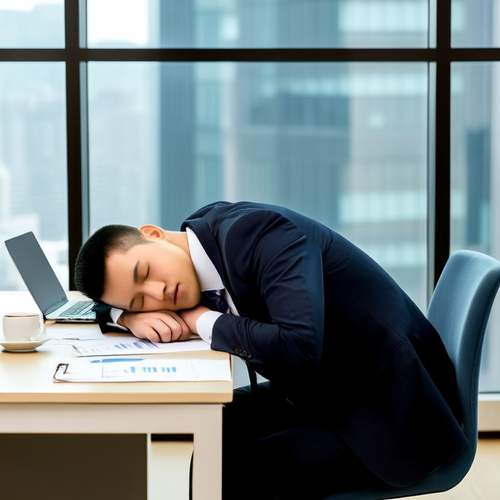
By /May 21, 2025

By /May 21, 2025

By /May 21, 2025

By /May 21, 2025

By /May 21, 2025
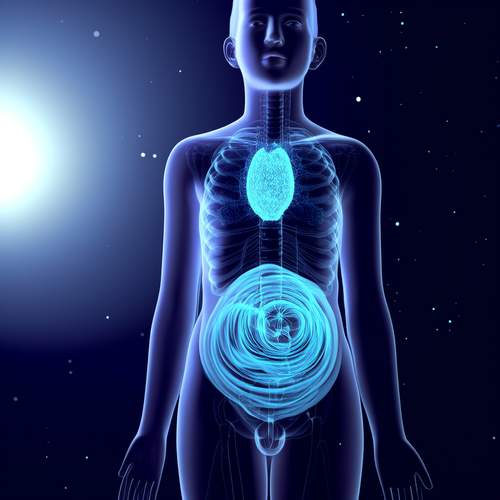
By /May 21, 2025
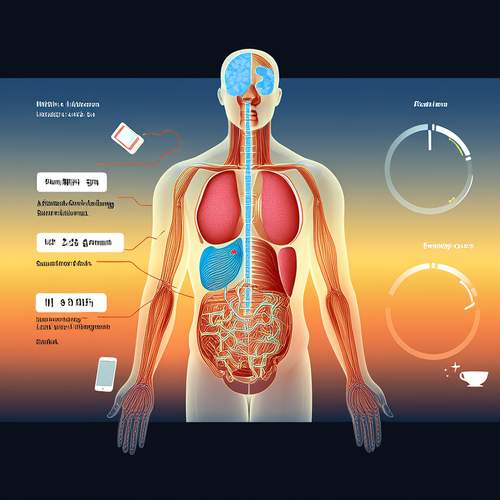
By /May 21, 2025

By /May 21, 2025
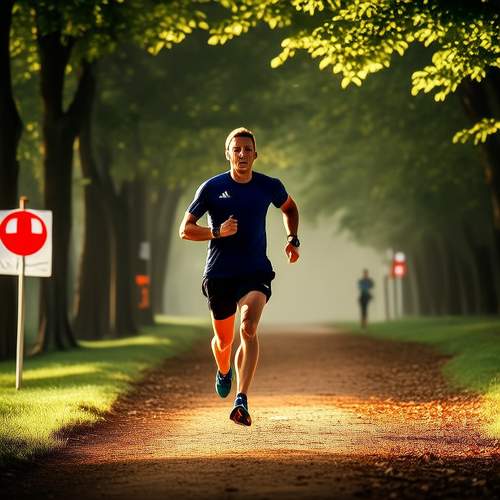
By /May 21, 2025

By /May 21, 2025

By /May 21, 2025
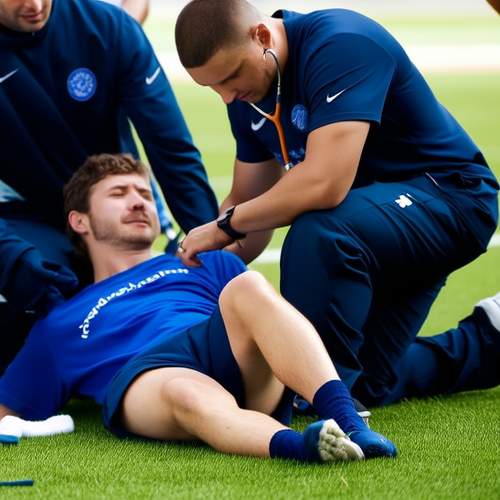
By /May 21, 2025

By /May 21, 2025

By /May 21, 2025

By /May 21, 2025

By /May 21, 2025

By /May 21, 2025

By /May 21, 2025

By /May 21, 2025